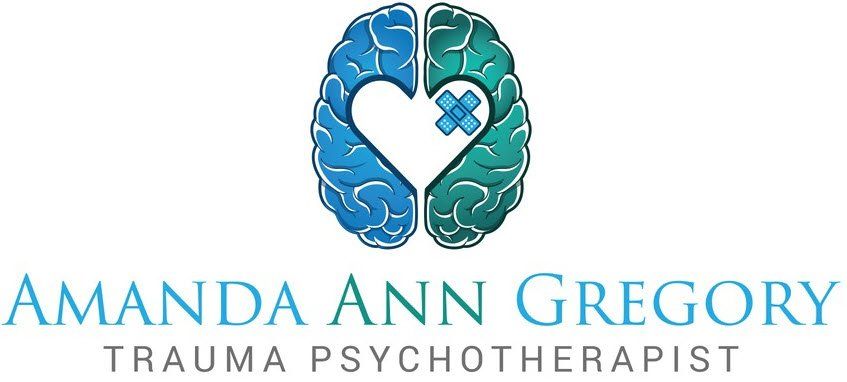Why You Should Fart in Therapy
Flatulence, a natural and healthy occurrence, continues to be considered an impolite or even inappropriate experience to have in public. This is strange, considering that gases constantly leave the human body every second as we exhale carbon dioxide. Scientists call the act of breathing “gas exchange.” How is farting any different? Perhaps it’s the bad smell, the sounds, or the fact that farts are considered funny. As a result, many therapy clients struggle to feel safe enough to fart in session, and they shouldn’t. I wish more of my clients would fart in session as this experience could benefit them.
Here are six reasons why you should consider farting in therapy.
1. Your body is processing
There is a reason why Yoga instructors and doctors encourage you to fart; your body needs to do it. Your body’s needs during therapy aren’t much different. Many therapeutic approaches are designed to help your body process physical sensations associated with emotional experiences and injuries. As a trauma therapist who utilizes EMDR and Somatic Experiencing, I’ve observed my clients twitching, subconsciously stretching, exhaling, yawning, and farting as their bodies process traumatic experiences. The client who tries to stifle these responses might be hindering their body’s and mind’s healing process. This is why I encourage my clients to pass gas and take restroom breaks during therapy whenever needed to help their body process.
2. You’re providing clinical information
Therapists constantly observe their clients and use these observations to make treatment decisions. Patterns of flatulence could indicate anxiety, health issues, processing, and successful relaxation. Many therapeutic interventions involve relaxing your body. Farting can signify that your body is relaxing and that the interventions you learned in the session may be working. When I notice my clients farting, I use this information to aid their treatment. Therefore, your farts might be important information for your therapist.
3. Your therapist can handle it
Your therapist is responsible for providing you with a safe relationship. Many studies have shown that your relationship with your therapist is one of the strongest predictors of treatment success. Imagine trying to progress in therapy in an environment where you need to edit yourself constantly. To feel safe in your relationship with your therapist, you need to believe that your therapist will accept you at your most vulnerable. If you fart in session, you might realize that your therapist can manage it and that they are also, therefore, likely able to accept you at your most vulnerable. If your therapist cannot handle your farts, you may want to assess if you feel safe and accepted in this therapeutic relationship.
4. It’ll help you focus
Your therapy is your time, and you deserve the most of that time. Farting can cause distractions in therapy. Yet, these distractions are usually brief. Resisting the urge to fart and experiencing physical discomfort typically causes a more significant and time-consuming distraction. You might miss therapeutic opportunities if your attention is focused on holding in a fart. In addition, your therapist may notice your discomfort and refocus the session upon this discomfort. I prefer that all of my clients let their gas loose to remain focused and make the most out of their therapy sessions.
5. You’re meeting your needs
Individual therapy is about meeting your needs, not the needs of your therapist. If you need to cry, use profanity, take a restroom break, or pass gas, that’s what you need. Many of my clients struggle to identify and meet their needs when they feel it will severely inconvenience someone else, which it rarely does. The therapeutic environment needs to be safe for both you and your therapist, but it doesn’t need to be polite, nor does therapy need to subscribe to social norms. Your therapist is responsible for communicating their boundaries to you so that you do not need to guess or assume. For example, your therapist may accept that you need a restroom break, and they might inform you that the session will need to end on time. Your therapist may say it’s OK to curse in session but not to express verbal aggression directed at them. If you are unsure of your therapist’s boundaries concerning farting, you can ask them, “How do you feel about me farting in session?”
6. Your therapist farts in therapy
I have never met a seasoned therapist who has not passed gas during a therapy session. This isn’t something all therapists are comfortable admitting to, but I wish more would. Therapists need to release built-up gasses, or they can get distracted by physical discomfort or simply trying to hold gas in. If your therapist is distracted, you are less likely to have a productive therapy session. Some therapists have various techniques to get in front of this issue, such as using aromatherapy or office fragrances to mask unpleasant smells, and noise machines could mask muffled sounds. My strategy is to let out small puffs now and then until all the gas is released; this way, it doesn’t make a sound or smell too bad (or at least I hope it doesn’t).
I, a psychotherapist, am officially inviting you to fart in therapy. You can apologize, excuse yourself, or laugh as you pass gas. What’s important is that you feel comfortable doing so. Don’t hesitate to talk to your therapist about this and see what they say. So go ahead: try letting one rip at your next therapy session.
Sign up for my monthly newsletter and receive the free e-book 25 Anxiety and Trauma Coping Hacks. Sign up HERE.

All Rights Reserved | Amanda Ann Gregory, LCPC
Design & Consultation by Teresa Lauer, LMHC, GrowYourTherapyPractice.com *

